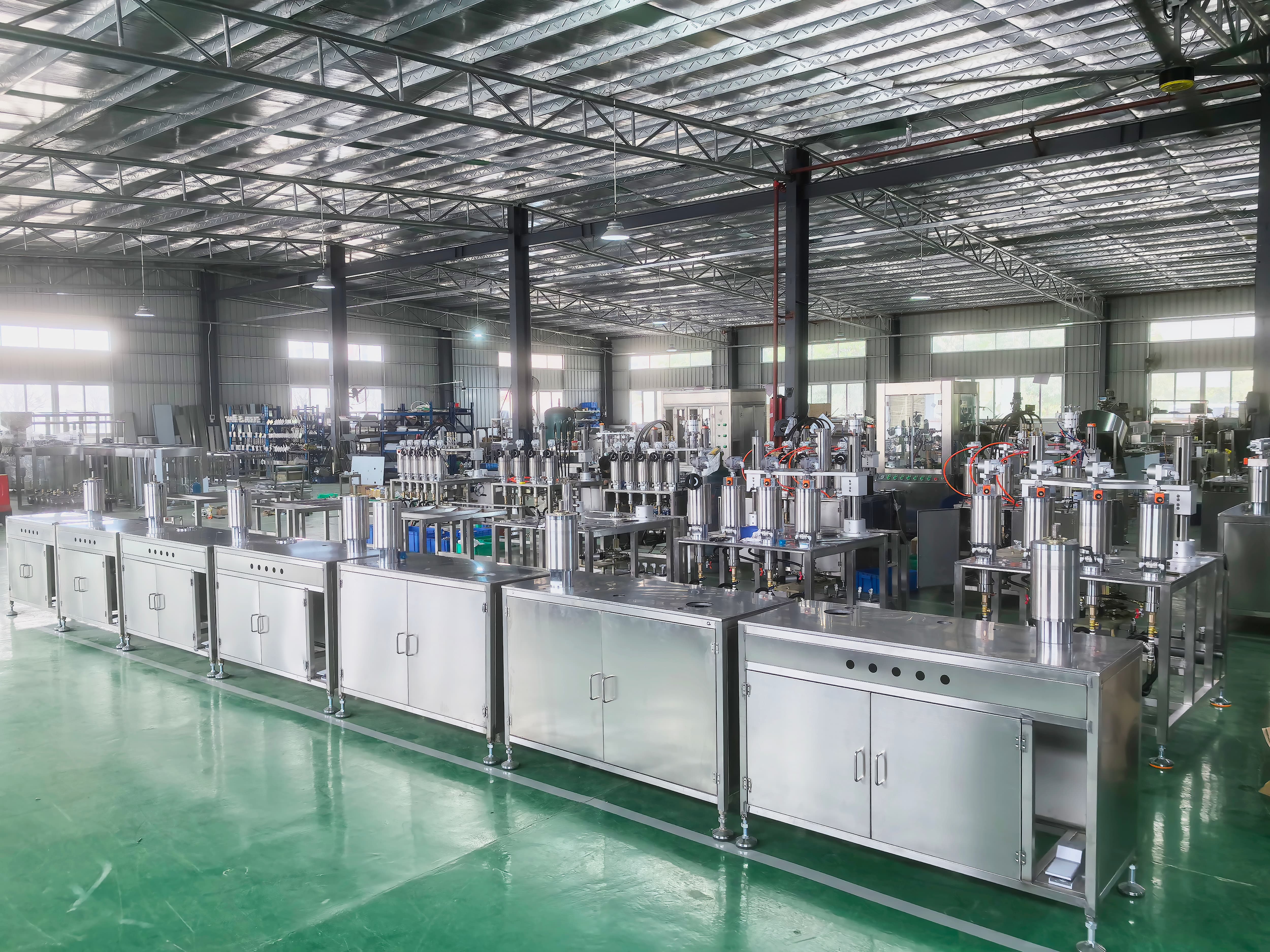
Gas filling machines are indispensable core equipment in modern industrial and commercial operations, their significance extending far beyond simple filling functions. As the silent pillars of the global supply chain, these machines ensure the safe and efficient distribution of various gases—from industrial gases that power manufacturing, medical gases that safeguard healthcare, to carbon dioxide in food and beverages, and CNG and LPG in the clean energy sector—across all industries.
Their core value lies in delivering exceptional precision and enhanced profitability for businesses. Through advanced automation technology and precision metering systems, modern gas filling machines completely eliminate product waste from overfilling and customer disputes caused by underfilling. This directly protects corporate profit margins while ensuring every cylinder meets stringent regulatory standards.
Safety is the cornerstone of business operations, and safety performance is central to gas filling machine design. Integrated safety protocols—including leak detection, automatic pressure cutoff, and pressure relief devices—significantly reduce risks inherent in handling high-pressure compressed gases. This provides critical protection for employees, facilities, and the enterprise itself, mitigating catastrophic liability from accidents.
Furthermore, these machines serve as drivers of scalability and operational efficiency. They help businesses overcome manual operation bottlenecks, enabling high-speed, large-scale production to meet growing market demands. This not only significantly reduces labor costs but also ensures stable, reliable output, thereby building solid customer trust.
Exceptional adaptability enables service across diverse markets. Whether for LPG in cooking, CNG for transportation, CO2 for carbonated beverages, or various specialty industrial gases, a robust gas filling machine flexibly accommodates different cylinder specifications and gas types. This makes it a long-term investment that evolves with a company's future growth.
Finally, it embodies a commitment to sustainability. By efficiently distributing cleaner fuels like LPG and CNG while achieving zero leakage during filling, this technology helps businesses significantly reduce their environmental footprint. It supports the transition to a green economy, fulfilling environmental responsibilities while pursuing economic benefits.
